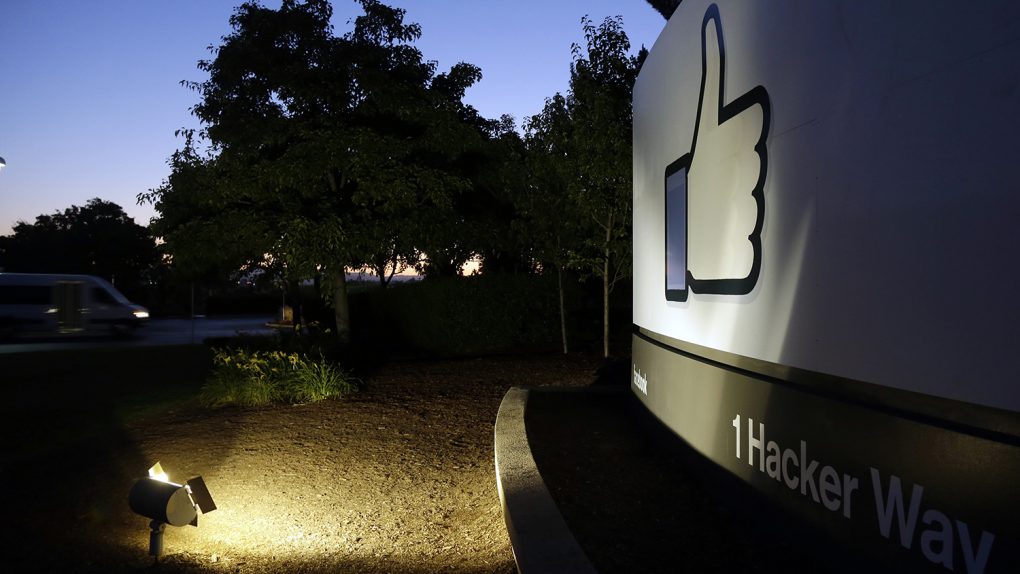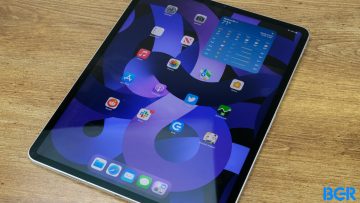Yes, Facebook deserves all your hates and dislikes for mismanaging your data not only in the widely covered Cambridge Analytica case but ever since it started collecting it. But that doesn’t mean everything Facebook did with your data is wrong, and that includes sharing data with smartphone makers, including Chinese companies that intelligence agencies aren’t particularly fond of.
It’s precisely because of the Cambridge Analytica matter that reports about Facebook sharing data with anyone will raise eyebrows. And, again, Facebook deserves the increased scrutiny given its lax stance on privacy in previous years. Not to mention that we’re looking at a business practice Facebook did not disclose before it was featured in the news.
But there’s no proof Facebook did anything wrong. It all started with a The New York Times report on Sunday that explained how Facebook gave device makers “deep access to data on users and friends.” Companies including Apple, Samsung, Amazon, BlackBerry, and Microsoft were mentioned in that report.
Facebook swiftly came out with a blog post of its own refuting the claims in the Times report, explaining what Facebook did to ensure that device makers could deploy fast Facebook experiences on their devices, without having to wait for Facebook to do it:
In the early days of mobile, the demand for Facebook outpaced our ability to build versions of the product that worked on every phone or operating system. It’s hard to remember now but back then there were no app stores. So companies like Facebook, Google, Twitter and YouTube had to work directly with operating system and device manufacturers to get their products into people’s hands. This took a lot of time — and Facebook was not able to get to everyone.
To bridge this gap, we built a set of device-integrated APIs that allowed companies to recreate Facebook-like experiences for their individual devices or operating systems. Over the last decade, around 60 companies have used them — including many household names such as Amazon, Apple, Blackberry, HTC, Microsoft, and Samsung.
This brings us to today’s newest revelation that Chinese companies are included in that list of Facebook partners. Huawei, TCL, and ZTE could be on that list, lawmakers worried, expressing their concern with Facebook’s data-sharing practices.
“Well, unfortunately with Facebook, it is a great company, but we’re seeing this pattern repeat itself,” Sen. Mark Warner told Axios in reaction to the Times story. The top Democrat on the Senate Intelligence Committee said Facebook could have shared data with Chinese companies like ZTE, which lawmakers say it’s too close to the Chinese government.
Facebook was pretty quick to respond, according to the same Axios. Here’s what mobile partnership exec Francisco Varela had to say:
Huawei is the third largest mobile manufacturer globally and its devices are used by people all around the world, including in the United States. Facebook along with many other U.S. tech companies have worked with them and other Chinese manufacturers to integrate their services onto these phones. Facebook’s integrations with Huawei, Lenovo, OPPO, and TCL were controlled from the get-go — and we approved the Facebook experiences these companies built. Given the interest from Congress, we wanted to make clear that all the information from these integrations with Huawei was stored on the device, not on Huawei’s servers.
Statements alone will probably not suffice, given Facebook’s credibility problems, so Facebook will probably have to prove to Congress and anybody else asking that user data had not been shared with Huawei, Apple, or any other tech partner out there that might have used Facebook tools.








